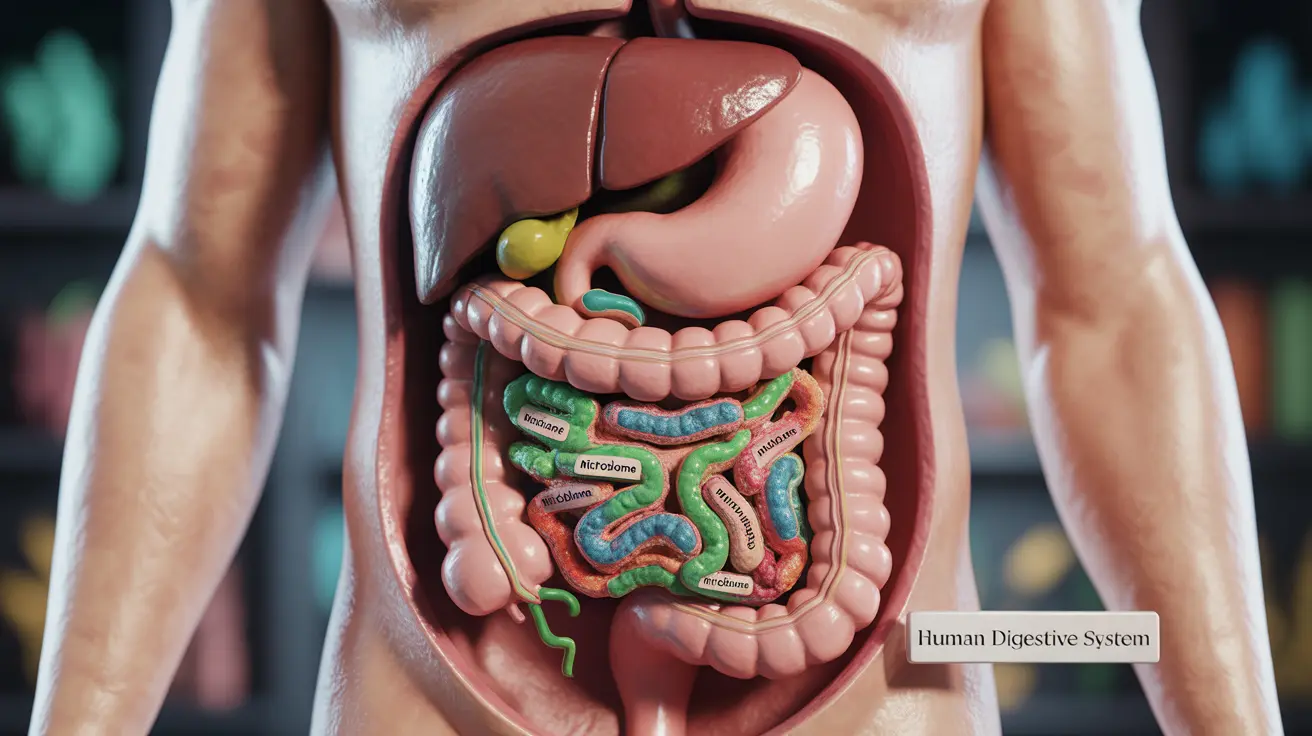During pregnancy, expectant mothers experience various sensations and movements from their developing babies. One common question that arises is whether babies can pass gas while in the womb. Let's explore this fascinating aspect of fetal development and understand what actually occurs during pregnancy.
The Truth About Gas in the Womb
Contrary to what some might believe, babies cannot actually pass gas while in the womb. This is because the biological conditions necessary for producing and passing gas aren't present during fetal development. Understanding why this is impossible requires knowledge about fetal development and the environment within the uterus.
How Babies Develop in the Womb
During pregnancy, babies develop in an amniotic fluid-filled environment. They receive all their nutrition through the umbilical cord, and their digestive system remains inactive until after birth. This means there's no opportunity for gas formation in the traditional sense.
The Role of the Digestive System
While in the womb, a baby's digestive system is developing but not fully functioning. They don't eat or drink in the traditional sense, and therefore don't experience the digestive processes that typically lead to gas production. Instead, they receive nutrients directly through the umbilical cord, bypassing the digestive tract entirely.
Understanding Pregnancy Movements
Many pregnant women feel various sensations that might be mistaken for baby gas. These movements have different causes:
- Fetal movements and kicks
- Muscle contractions
- Blood flow changes
- Digestive system changes in the mother
- Practice breathing movements by the baby
Meconium and Fetal Waste
While babies don't pass gas in the womb, they do produce waste material called meconium. This dark, sticky substance begins forming in the intestines during pregnancy but typically isn't released until after birth. In rare cases, meconium can be released before birth, which requires immediate medical attention.
Early Digestive Development After Birth
Once babies are born, their digestive systems begin working immediately. This is when they start experiencing gas and learning to pass it, usually within the first 24-48 hours after birth. This transition period is completely normal as their digestive system adapts to processing milk and producing gas.
Frequently Asked Questions
Can babies fart while they are still in the womb?
No, babies cannot fart in the womb because their digestive systems are not actively processing food and air, which are necessary for gas production.
Why don't fetuses pass gas before birth even though they produce meconium?
Fetuses don't pass gas because they're not taking in air or digesting food in the womb. While they do produce meconium, this waste product is different from gas and typically remains stored in their intestines until birth.
What causes the fluttering or bubbling sensations pregnant women feel that seem like baby gas?
These sensations are typically caused by fetal movements, practice breathing, hiccups, or changes in the mother's digestive system. They are not related to baby gas.
When do babies start producing gas and farting after birth?
Babies typically begin producing and passing gas within the first 24-48 hours after birth, as they start feeding and their digestive systems become active.
What is meconium, and can babies poop in the womb?
Meconium is a dark, sticky substance that forms in babies' intestines during pregnancy. While babies typically don't release meconium until after birth, in some cases it can be released in the womb, which is considered a medical concern requiring immediate attention.




